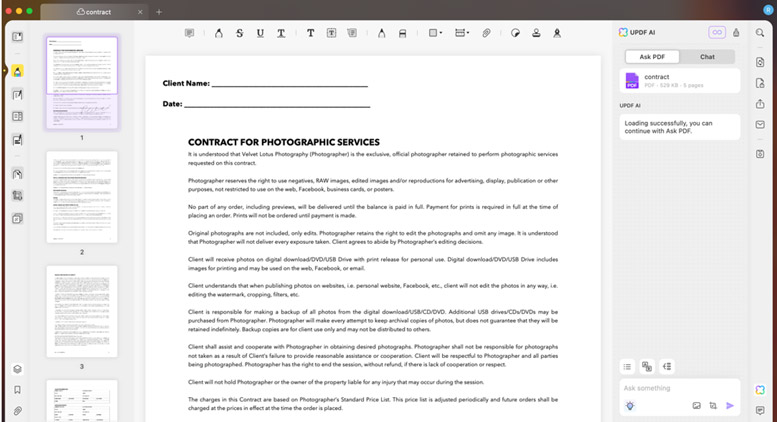Demo: Show’s picks and pans
Emphasis is on practical products, services
SCOTTSDALE, Ariz. — In the old days — three or four years ago — the Demo technology conference teemed with flashy technologies that were frequently short on substance or far from final in form.
That was then. This is…well, a different era for tech companies. They’re decidedly more cautious, and Demo is a different show. At Demo 2003 here this week, emphasis is on practical products and services, most of them only a few weeks from general availability.
But even though exhibitors are stressing the useful and here-and-now, they also show a fair share of innovation — and enough surprises to keep attendees on their toes.
Here are a few highlights, lowlights, and sidelights from Demo 2003, which was produced by IDG Executive Forums, a sibling company of PC World.
Spotlight on Security
The big themes: Many products on display involve security, e-mail, or some combination — from patch manager BigFix to automated e-mail sorter Ella Pro from Open Field Software.
Looking at you: Security camera sales are booming, and Pixim is going for a big piece of the action with a new imaging system that makes even very high-contrast scenes clearer. The company’s D2000 Video Imaging System has already been adopted by five major camera makers.
Revamped old reliable: Even old-timers are giving security a second look. PKWare has added up to 256-bit RSA encryption capabilities to PKZip 6.0 Professional Edition. The downloadable update costs $70.
New Angles
Oddly interesting, interestingly odd: For $30 yearly, Oddpost takes on Hotmail and Yahoo Mail with its Web-based e-mail service. It has a slick drag-and-drop interface and — as befits the name — a quirky personality (for example, the menu that any other app would call “Help” is labeled “Menagerie”).
Groupware to watch: Kubi Software’s Kubi Client melds simple-looking workgroup tools into Outlook’s and Lotus Notes’ user interfaces — sidestepping folks’ traditional resistance to learning and using stand-alone collaborative software.
What’s old is new again: Windows utility ActiveWords SE launches programs and fills in text based on keystrokes you define. The new program works much like popular macro utilities such as ProKeys did in the DOS days.
Listen Up
Music for misers: All was not mundane and practical at the show. FullAudio showed a fee-based music service that starts at $5 a month.
Heard this one before? Unlike the Internet radio flops of the past, TerraDigital Systems hopes its TerraPlayer TR-100 will rejuvenate a tough market. It wirelessly connects to a PC (with an included USB base station) so you can instantly access your MP3 or WMA collection, stream online music, or play standard AM/FM radio. Choose tunes on a color touch screen from within 500 feet of your PC. The TerraPlayer TR-100’s powerful 75 watt-per-channel amplifier and built-in speaker system will fill a room with music, but it empties your wallet; its projected price is around $900.
Tales of Demo-Goguery
Knock-your-socks-off demo: Mok3 showed off a prerelease version of its reality designer, which it says can turn 2-D photographs into 3-D landscapes in a mostly automated fashion. The product targets folks like architects and game designers — but the results are so darn cool I was wishing I were an architect or a game designer.
Compelling-like-a-car-crash demo: Sprint tried to show upcoming voice and data services with a presentation hosted by an “independent corporate spokesmodel.” The stilted onstage drama about a damaged fiber optic cable on the San Mateo Bridge seemed to baffle its performers as much as it did the audience. Where was the Sprint trench coat guy when we needed him?
Most elaborate visual metaphor: An onstage face-off between two spam-fighting systems, conducted by PC World sibling publication Network World, used actual cans of Spam and cartons of eggs to track the products’ efficacy.
The quick and the dead: Demo’s ground rules mandate no onstage product demonstration may last more than six minutes, a blessing for attendees with short attention spans. Some pitches were limited to one minute — a “hot seat” format that some company executives aced, others fumbled, and one used to sing karaoke.
Most honest demo: Several onstage product previews didn’t go quite as planned, but only WebEx Communications Inc. representatives cheerfully admitted they were “majorly hosed” when the service’s new integration with IP telephones failed to work. (It functioned properly in demonstrations at the company’s exhibit hall table.)
Oldtimers game: Executive Producer Chris Shipley deftly moderated a panel in which savvy pioneers including Dan Bricklin (co-inventor of the spreadsheet) and Mitch Kapor (Lotus founder) talked about newfangled trends like open source, wireless networking, blogging, and even bioengineering.
Out on the Edge
For the digital lawn: Digital Sun’s S.Sense water-saving wireless sensor system has to be the winner of the oddest product at Demo2003. You just don’t see many landscape and agricultural items at a technology event. But S.Sense certainly followed the theme of usefulness: This wireless sensor network detects ground moisture to control how much water is sprayed by automatic sprinklers. A controller and one sensor, which looks like a green spike, cost $150; additional sensors cost $89. They transmit ground conditions up to 200 feet, and work with any automatic sprinkler system.
Postcard from the bleeding edge: One of the few exceptions to the parade of products that are here today or soon to ship was IBM’s presentation of a networked language-translation system. In the demo it used a camera-equipped PDA to take a photograph of a sign in German and then beamed the image to a notebook that translated the sign into English. Just how much this relates to any service Big Blue might ever launch is unclear, but it sure is intriguing.
Ubiquitous broadband: The real problem with broadband is that most people can’t get it. Navini Networks hopes to change that with wireless access networks built on nodes that users can reach from as far as five miles away. The company claims it has solved line-of-sight signal problems and is currently field-testing the system in Houston and Florida.
Still Learning
It’s not Greek to me: Private, one-on-one tutoring can be a real help for some kids, but it’s not always easy to come by. Socratic Learning takes the tutor online in Socratic Tutor, which connects a kid with a human tutor using an instant-messaging-type client that works on a PC equipped with any modem, including old 28.8kbps models. The company plans to target kids in poorer schools with older computer equipment. A free 30-day trial is available now; pricing is not announced, but Socratic Learning will sell to both school districts and individuals.
The Web gets educational: ManyOne Networks Inc. is preparing a 3D browser that it plans to bundle with educational content, ISP service, and partnerships with nonprofit organizations to create what its executives call a “PBS for the Internet,” making another run at closing the digital divide.




